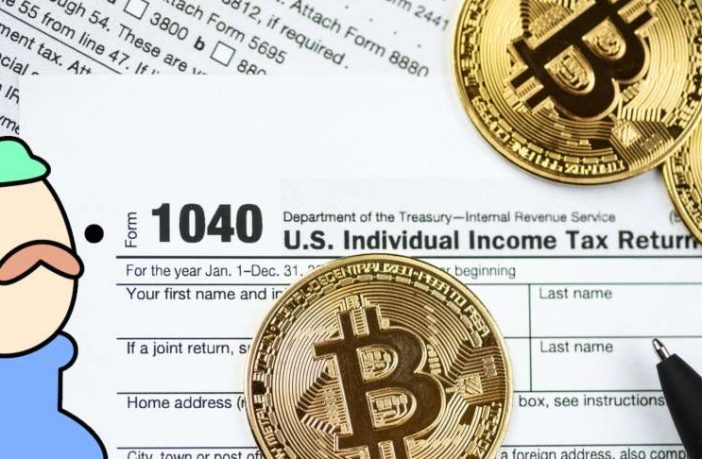
New crypto tax reporting obligations took effect on Jan 1.
If you receive $10k or more in crypto you now have an obligation to report the transaction (including names, addresses, SS numbers, etc.) to the IRS within 15 days under threat of a felony charge. pic.twitter.com/wyRsfJEpMo
— Jerry Brito (@jerrybrito) January 2, 2024
Want more? Connect with NFT Plazas
Join the Weekly Newsletter
Follow us on Twitter
Like us on Facebook
Follow us on Instagram
*All investment/financial opinions expressed by NFT Plazas are from the personal research and experience of our site moderators and are intended as educational material only. Individuals are required to fully research any product prior to making any kind of investment.




